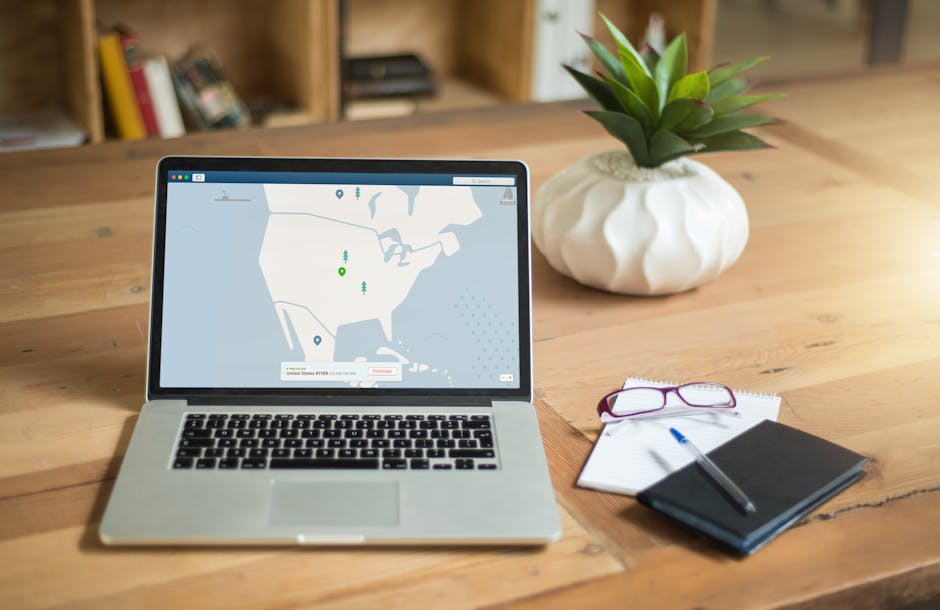
Classified Information - Importance and Security Measures
Classified Information - Importance and Security Measures
Classified information refers to sensitive data that is confidential and restricted to authorized personnel only. The protection of classified information is crucial to national security, as it contains sensitive data that, if disclosed, could harm individuals, organizations, or even countries.
Classified information can include defense strategies, military technologies, diplomatic negotiations, intelligence operations, and more. Unauthorized access or disclosure of classified information can have severe consequences, jeopardizing national interests, compromising individuals' safety, and undermining efforts to maintain peace and security.
Why is Classified Information Important?
Classified information is important because it allows governments and organizations to safeguard sensitive data that could be exploited by adversaries. By designating certain information as classified, its distribution is controlled, ensuring that only those with proper authorization can access it.
Classified information is essential for activities related to national defense, intelligence gathering, law enforcement, and protecting critical infrastructures. It enables decision-making processes based on accurate and reliable data, enhances the effectiveness of national security operations, and supports the preservation of citizens' safety and well-being.
Security Measures to Protect Classified Information
Given the high stakes involved, stringent security measures are in place to protect classified information. These measures include:
- Access Control: Access to classified information is strictly regulated and limited to authorized individuals. Security clearances, background checks, and need-to-know principles are implemented to ensure that only trusted personnel can access sensitive data.
- Physical Security: Physical safeguards such as secure facilities, locked cabinets, biometric authentication, surveillance systems, and alarms are employed to defend classified information against theft, unauthorized entry, or damage.
- Encryption: Encryption techniques are used to secure classified information during transmission and storage. This ensures that even if intercepted, the data remains unreadable without the appropriate decryption keys.
- Employee Training: Regular training and education programs are conducted to raise awareness among personnel about the significance of classified information and the proper handling procedures. This helps prevent accidental or intentional breaches.
By implementing these security measures, governments and organizations can significantly reduce the risks associated with the compromise of classified information.
